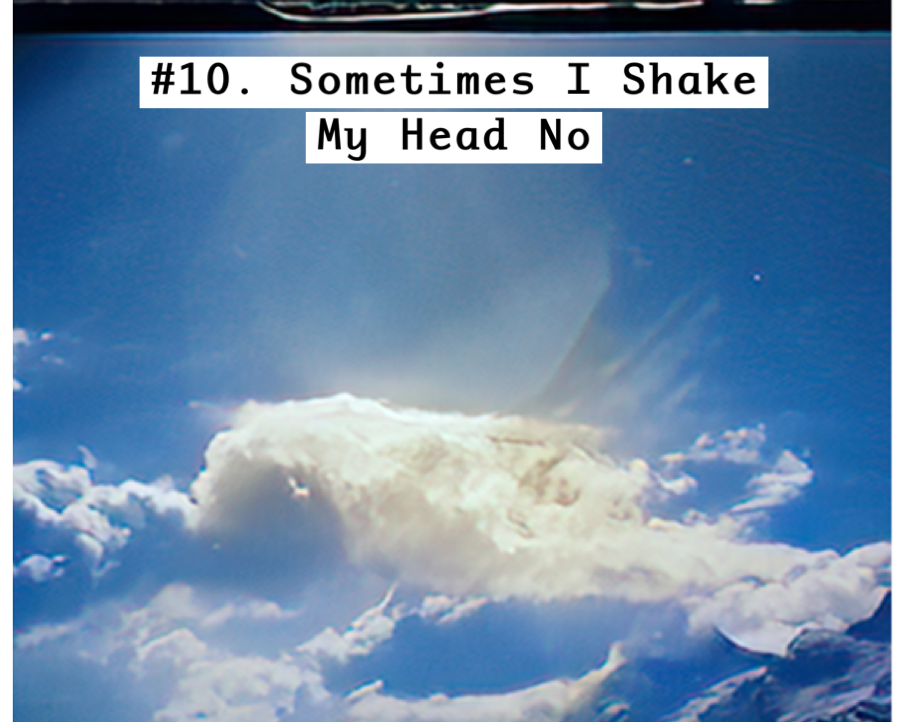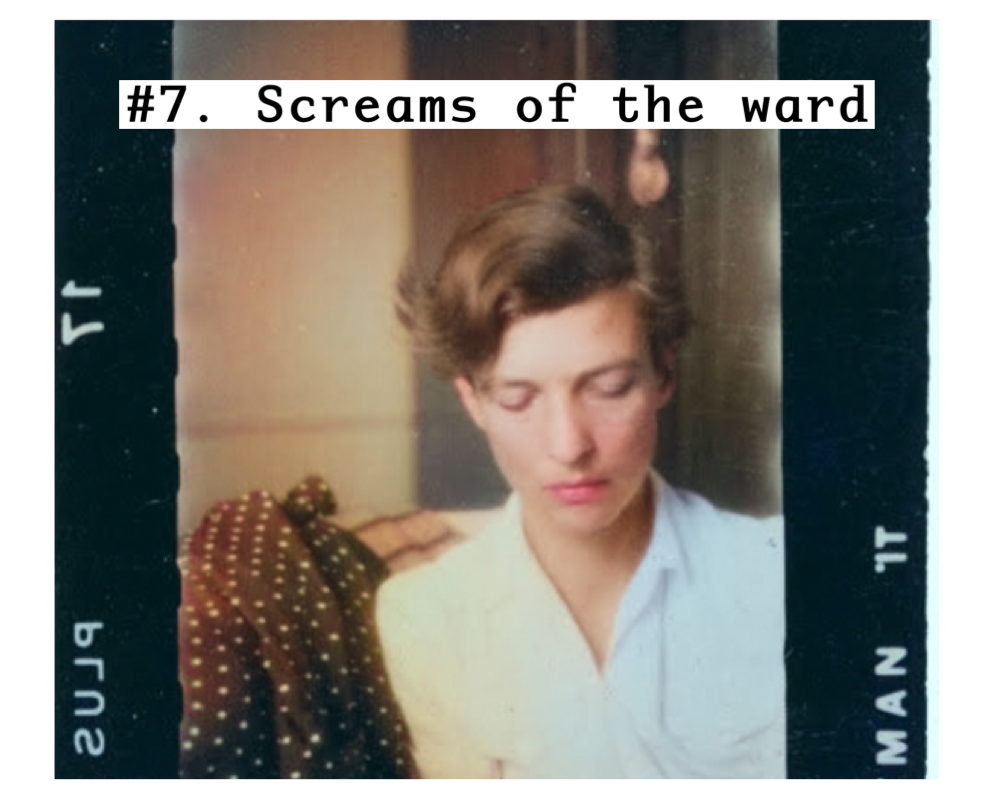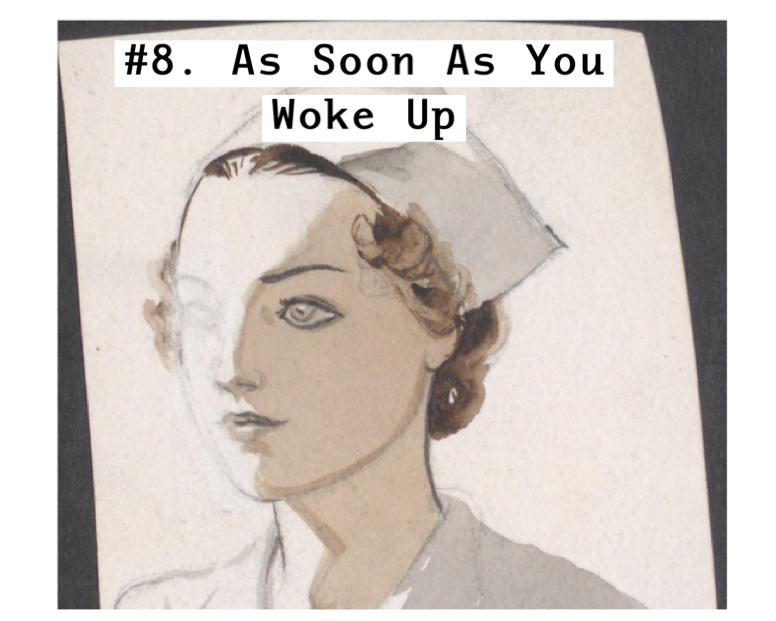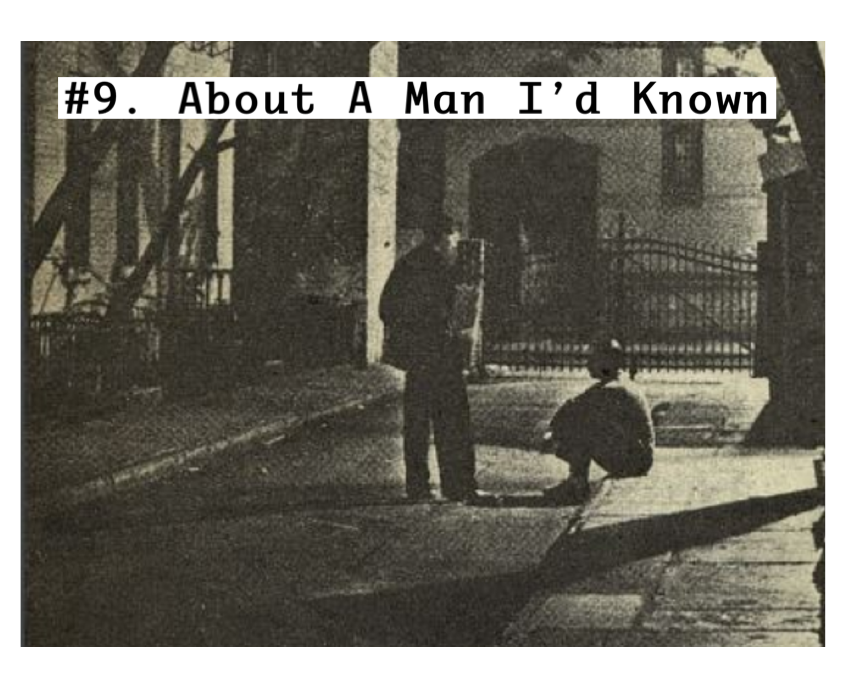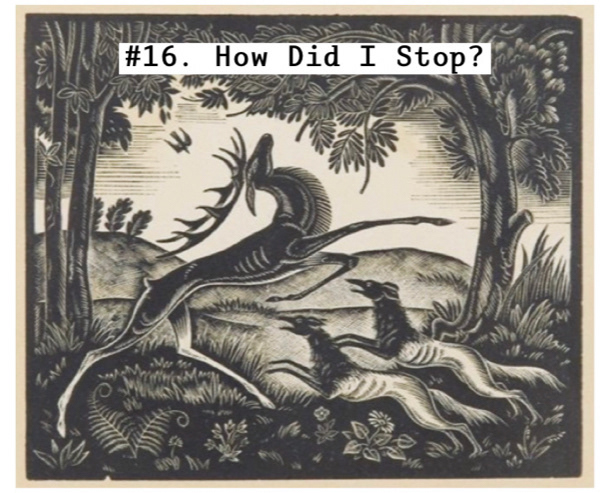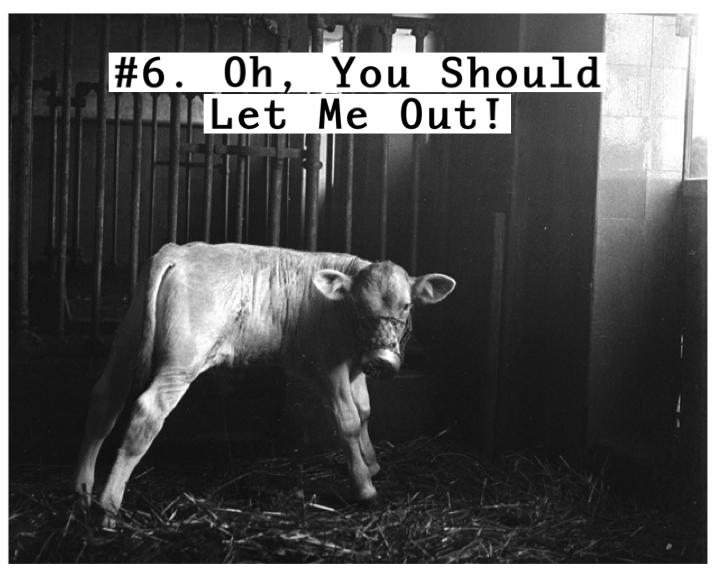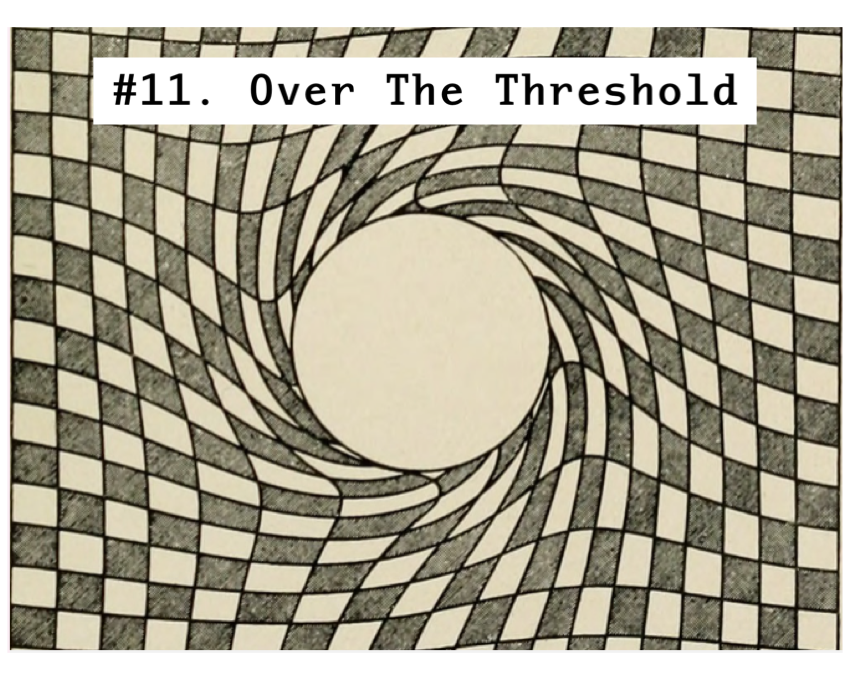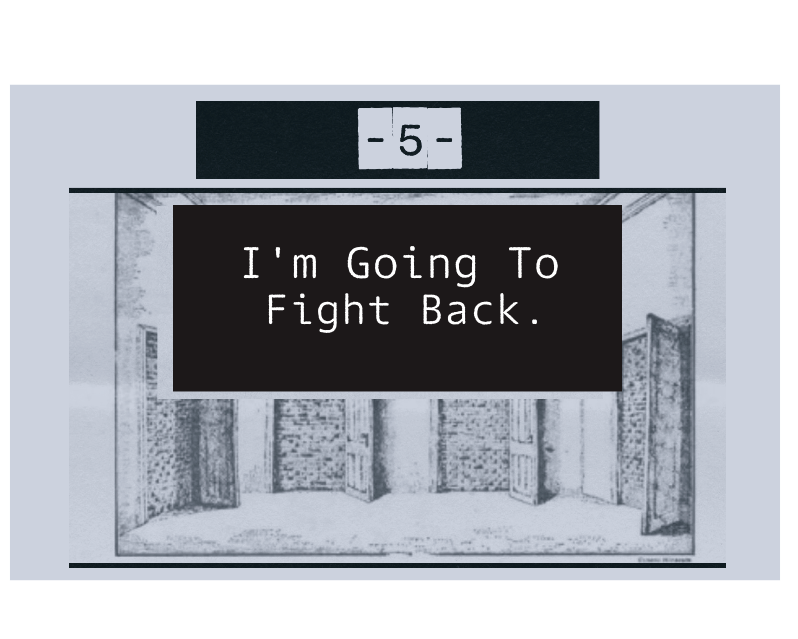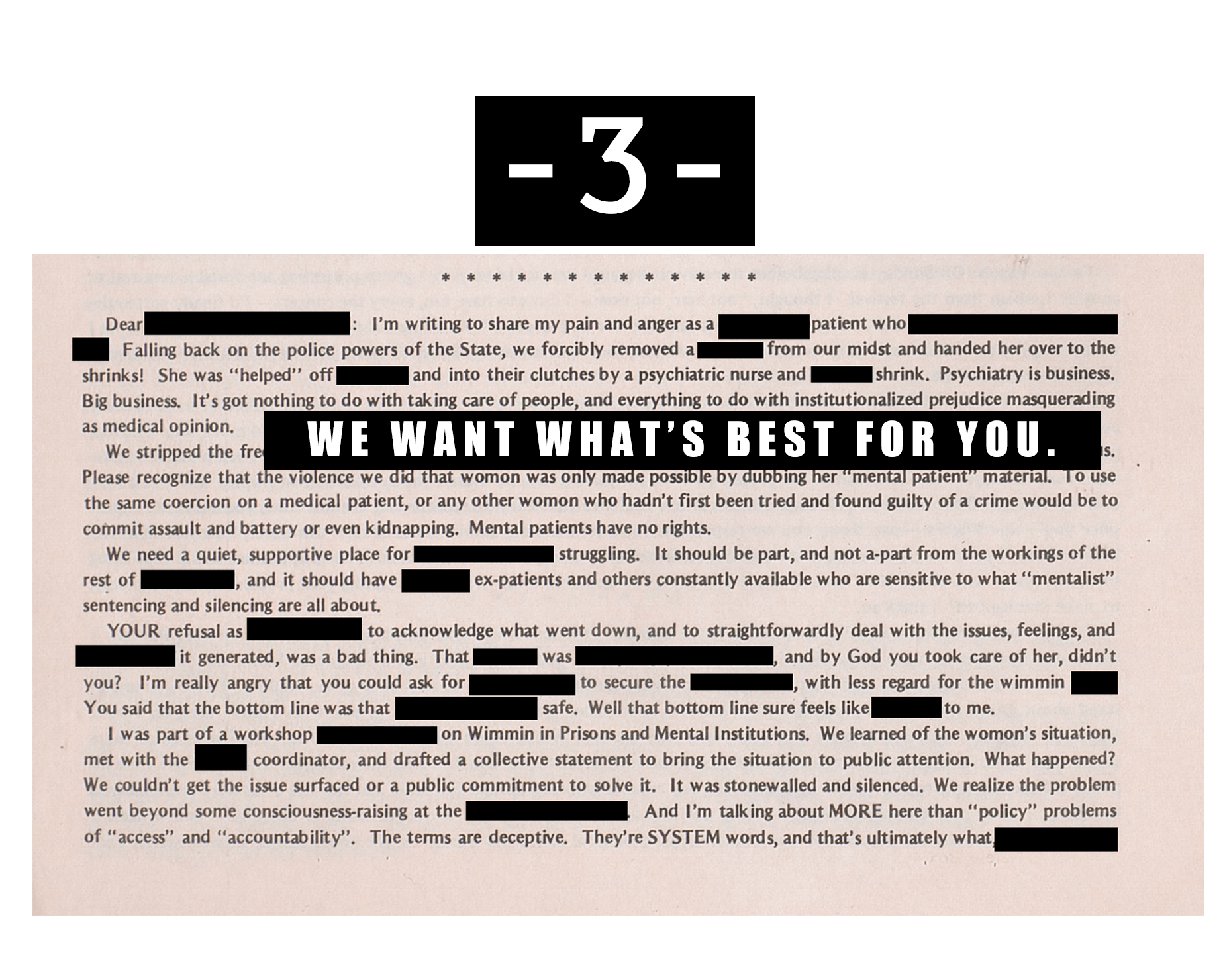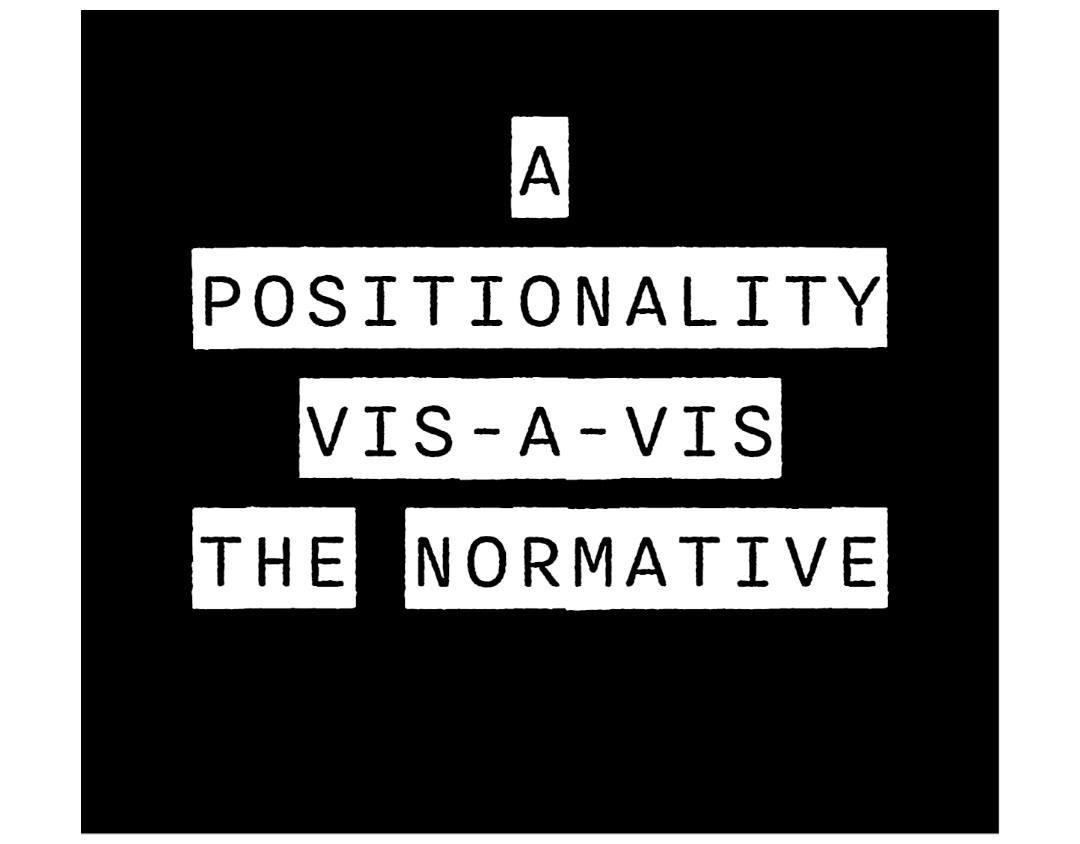"My Prison-Cure in America", Chapter 1
Adapted from Annemarie Schwarzenbach, by Cleo Varra
Content warning: This is a zine about involuntary hospitalization in a psychiatric facility, including detainment by police, descriptions of restraint & seclusion, and suicidality.
------------------
Annemarie Schwarzenbach in 1939. Photo: Collection of Marianne Breslauer.
New York City, 1941
A young doctor came into my bedroom, and I woke up.
He said that enough was enough, and he would have me taken to the hospital. I didn't understand right away.
But then I saw a line of men, at the door, waiting.
***
Two or three of them were orderlies, dressed in white. The others, in blue drill suits and caps, were probably police.
***
I had jumped up.
I had screamed, "Do you know what you're doing?"
The doctor had answered: “You can leave that to me, —It’s within my authority.—
….I’ll give you three minutes, to come with me voluntarily. Be sensible, or I'll have to use other means."
***
I had been seriously ill, and had refused to go to the hospital for fear of handing myself over to the authorities.
I’d felt that from then on, everything would be in vain.
***
But when I tried to overcome my fear, and to say something more, I'd said only in a toneless whisper: "This is impossible!”
And then I begged and begged; I’m ashamed to even think about it.
The doctor had stood behind me.
Then he must have made a sign with his hand, because the guards started to move.
They came closer, slowly, silently, and I had watched them surround me.
***
The room seemed very large, and I had time to think in a flash whether I might not escape.
Through the window behind the bed, if I had broken my fist through the screen, I would have been in a dark hall. —But it led to the terrace, where guests were sitting; and they would have all been chasing me.
If I remained in the hall, they would have chased me like an animal, from one corner to another, and would finally have dropped upon me.
I would only have been able to protect my face with my hands.
***
—Or if I had run past them to the door, out into the moonlight?
If I had run and run, and swerved into the labyrinth of city streets, and hid in a garden?
Could I have reached the wilderness, where the grass was deep?
Or slid down the bank by the bay, where the ships lay, down into the river?
Could lightning have intervened? Could a storm have torn us apart?
*******
But they had headlights.
They had cars with wailing sirens, and there were so many of them, they would surround me.
They had already surrounded me.
I looked around, and quietly, very cautiously, gasped for breath; because I was frozen, almost lifeless.
I stood up, as still as a tree, feeling that if they touched me, I would fall and crash to the ground.
***
They didn’t touch me.
***
I turned my eyes from one to the other, and had struggled to think of a question— to think of a single word— and had said only: “Think of my mother!” —Oh!
The mere memory shakes me. I find myself bending forward, I want to writhe in pain.
In that moment, couldn't I have found the right words?
-- As they put their hands on my shoulders, put handcuffs on me? -- Wouldn’t a word have sufficed?
***
The officer behind me didn't say anything more; he just grabbed my arm, and I’d ripped away and jumped to my feet, and punched one of them between the eyes.
And they hit, hit; and when I tried to put my hands up in front of my face, they tied my elbows together, and threw me forward; and when they picked me up by my arms and legs and were dragging me through the door, and I was squirming to reach a doorpost with my wrists bound behind my back, something was torn inside and it hurt so much I was screaming, and the full gleam of the moonlight had fallen on my face.
I had to close my eyes.
That's all.
***
